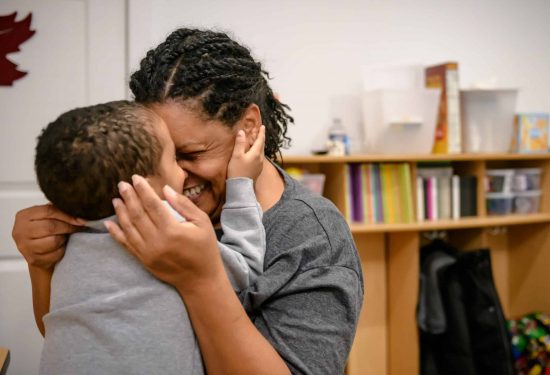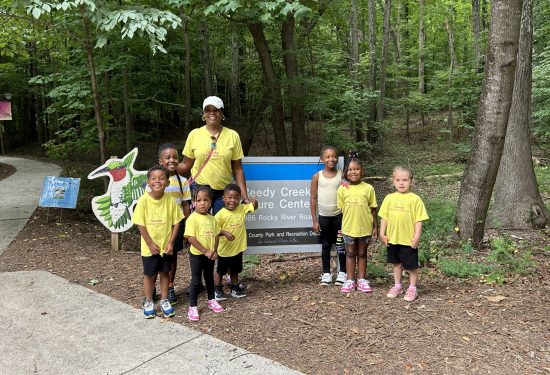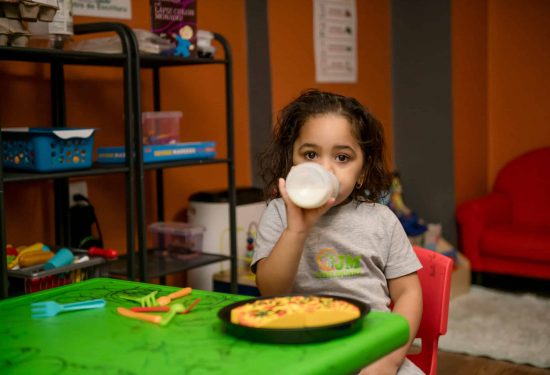Family, friend, and neighbor (FFN) providers represent the largest non-parental child care sector in the United States, with the numbers of providers and children in these care settings far outnumbering licensed family child care (FCC) or center-based settings. Yet despite the prevalence, little is known about the types of supports and resources that FFN providers value and the ways that home-based child care networks (“networks”) tailor support for this population of caregivers. This report highlights intentional network strategies to enhance opportunities for FFN providers, specifically, as well as the experiences of FFN providers who receive resources and supports from networks.
Promising Practices for High-Quality HBCC Networks: Supporting Family, Friend, and Neighbor Providers



